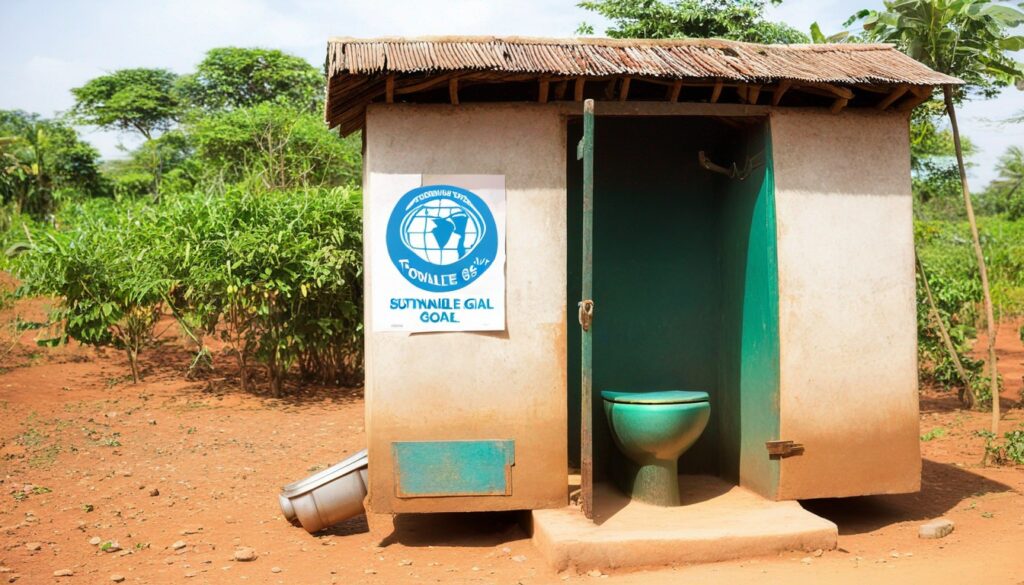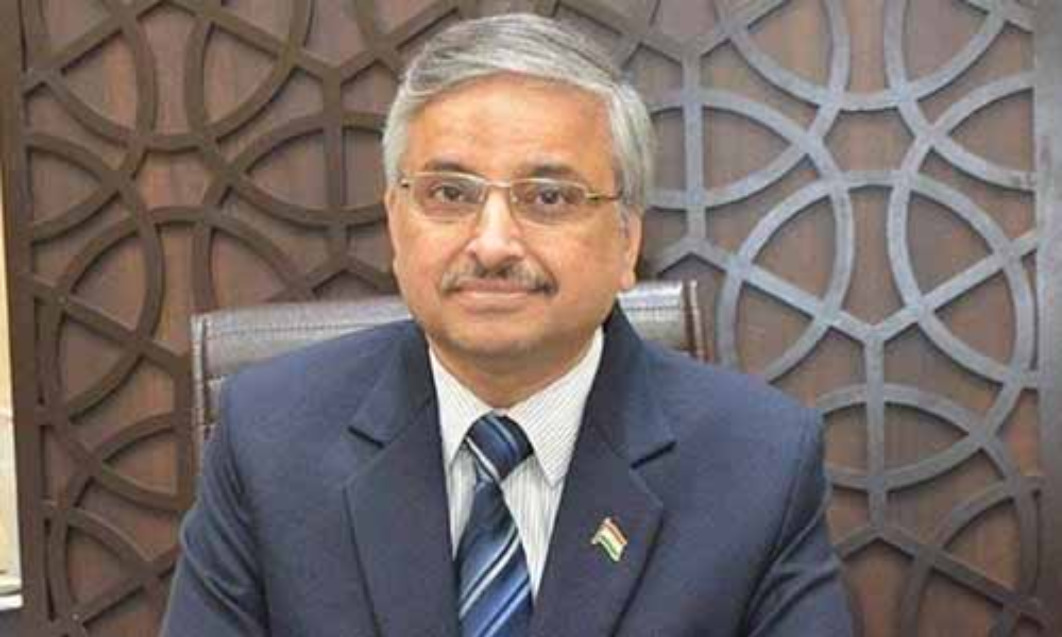
Interview with David Topping, Corporate Executive Chef at Morrison Healthcare
David Topping is a Johnson and Wales University graduate, onboarding with Compass group in 2002 in Charlotte, NC, and joining the Morrison Healthcare team in Charleston, SC in 2007. As Corporate Executive Chef, he and his team are leading the charge for innovative sustainability practices in food and nutrition services.
—
It is discouraging for a chef to see the amount of waste that has become commonplace in our kitchens—and the U.S. alone accounts for nearly 103 million tons of food waste each year. As the largest foodservice corporation in the world, we have the responsibility to manage our resources and do what we can to reduce waste. Our platform includes strategies to reduce waste at the source, raise awareness, and promote solutions that positively impact the areas where we operate.
Prior to implementing programming, culinary teams had to get creative with waste controls, as there was no clear path for tracking or reporting waste. We knew we needed a system. Waste Not 2.0 was developed by chefs, for chefs, to emphasize source-reduction as the most preferred food waste reduction initiative. This proprietary waste tracking program is a simple integration that allows chefs to make a significant impact on hospital food waste.
This web-based program is used by chefs and associates with a tablet that records food waste at the point of production. The tablet entries automatically upload to the account dashboard in real-time—and this real-time data facilitates targeted food waste interventions. Dashboard analytics and reporting are available to share with teams and clients to further drive the program goals and initiatives. After meeting our first iteration goal of reducing 25 percent of food waste by 2020, we are now committed to reducing 50 percent of food waste by 2030, to become net zero by 2050.
Tracking is essential to the Waste Not 2.0 program. It is how we determine what areas in our production machine need the most attention. Each day we have meetings to discuss waste controls and we use this time as an opportunity to inform and educate staff on our findings. This discussion then guides our ordering and purchasing practices. In the day-to-day, tracking becomes a habit, and teams create sustainability boards that display volume and dollar amounts, allowing associates to establish a baseline and set attainable goals for waste reduction.
We could not do this important work without our Division Champions. Our divisional Waste Not 2.0 Champions to communicate results in each Division through weekly report tracking with current Waste Not 2.0 users and identify new accounts who can benefit from the program. These chefs are devoted to our sustainability priority, taking ownership of the program and optimizing it post-pilot. Our Division Champions share best practices in the Division with Waste reduction results, support rollouts and training programs for new users on the platform, and drive accountability through monthly communications updated with the CEC group and wellness teams.
Our Divisional Champions: Supporting Sustainability and Waste Reduction in their Regions.

Cristina Bennett (Regional Executive Chef at Providence Portland Medical Center): The culture is changing—and it is changing because leadership is changing. Instead of having the site-specific driven programs, MHC has developed a food waste tracking system that is available for all. It is evident that the corporate team is not simply checking a box; they believe in this mission.
 John Brown (Regional Executive Chef at Health First Viera): I truly believe this program is crucial—and as we move forward it is the only way we can get to our goal of having a less carbon footprint. Each year, 119 billion pounds of food is wasted in America. As the largest food service company, I can’t help but think how much of this is our issue and how we can make a huge impact in changing the culture.
John Brown (Regional Executive Chef at Health First Viera): I truly believe this program is crucial—and as we move forward it is the only way we can get to our goal of having a less carbon footprint. Each year, 119 billion pounds of food is wasted in America. As the largest food service company, I can’t help but think how much of this is our issue and how we can make a huge impact in changing the culture.
 Jeffrey J Devine (Regional Executive Chef at Virtua Memorial Hospital): As the father of two boys, one a chemical engineer and the other an environmental engineer, I am always engaged in dialog about our world and our environment. Their thought process is much different than older generations. If I can contribute to a better future by changing the culture, I’m all in.
Jeffrey J Devine (Regional Executive Chef at Virtua Memorial Hospital): As the father of two boys, one a chemical engineer and the other an environmental engineer, I am always engaged in dialog about our world and our environment. Their thought process is much different than older generations. If I can contribute to a better future by changing the culture, I’m all in.
 Patrick Heller (Regional Executive Chef at Jersey Shore University Medical Center):Tracking waste has always been important, but now even more so with the rise in costs. By raising awareness, we can motivate others to look closely at how food waste can be a part of a cost-saving solution.
Patrick Heller (Regional Executive Chef at Jersey Shore University Medical Center):Tracking waste has always been important, but now even more so with the rise in costs. By raising awareness, we can motivate others to look closely at how food waste can be a part of a cost-saving solution.

Ryan Grasley (Regional Executive Chef at Marietta Memorial Hospital): Having this program is an awesome way to see it in real-time and share the results. And by better understanding how food waste can be reduced, we can help fight food insecurities in our communities and be a part of the solution.
Clients who implement Waste Not 2.0 report that integration was “seamless”. The tool clearly identifies what is creating waste in their kitchens, helping the team target their efforts. Associates have found the tablet interface to be intuitive, with the dashboard reporting easily indicating areas of opportunity to reduce waste. Since adopting the Waste Not 2.0 program in June 2021, OhioHealth has reduced food waste, on average, by 27% across their hospitals. And this has significant financial implications for hospital leadership, too. Understanding where waste is happening and how to control–or minimize it —directly relates to cost.
Waste Not 2.0 is crucial for hospital sustainability initiatives. Too often, hospitals look the other way when it comes to food waste. Each year, 119 billion pounds of food is wasted in America. That equals to 130 billion meals, and more than $408 billion in food thrown away each year. As the largest food service company, I can’t help but think how much of this is our issue to help solve.
We have an opportunity to make a significant impact on our communities and the world around us. It takes a culture shift and a common purpose. Change doesn’t happen overnight, but with programs like this one we will see more and more teams/people understand the impact of waste reduction. Commitment and consistency is key.





